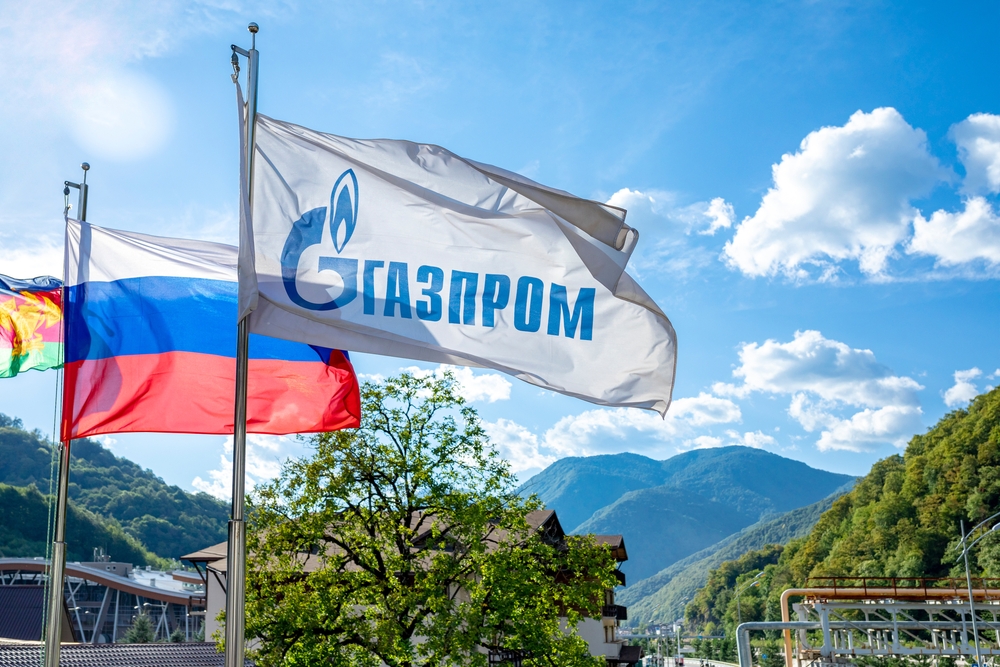If the merger goes forward, the combined entity would become a global oil powerhouse.
Others are reading now
Russia is reportedly considering a plan to merge its top three oil companies — Rosneft, Gazprom Neft, and Lukoil — into a single energy giant that could rival Saudi Aramco, which is currently the world’s largest oil producer.
Not Fully State Owned
According to Digi24 talks have been held in recent months between government officials and company executives. However, the merger remains uncertain, as several major obstacles have yet to be addressed.
If the merger goes forward, the combined entity would become a global oil powerhouse, producing nearly three times the output of ExxonMobil. Yet, the initiative faces opposition within some companies.
Executives at Rosneft and Lukoil have expressed concerns, particularly around funding challenges for buying out Lukoil’s shareholders.
Also read
Financing is a key hurdle, as Lukoil is the only one of the three companies that is not fully state-owned. This requires significant capital to complete the buyout, adding complexity to the merger.
Tree Companies Become One
Rosneft, currently Russia’s largest oil producer, was founded in 1993 and has grown to become one of the largest publicly traded oil companies in the world.
It operates primarily in exploration, production, and refining, producing roughly 4 million barrels per day.
The Russian government holds a controlling stake in Rosneft, and the company plays a central role in Russia’s energy policy.
Gazprom Neft is the oil-producing arm of Gazprom, Russia’s massive state-owned natural gas company. Though smaller than Rosneft, Gazprom Neft is still one of Russia’s major oil companies.
It focuses on oil extraction, refining, and distribution, producing about 1.5 million barrels of oil per day.
Its integration with Gazprom’s natural gas business makes it a significant player in the energy market, with both domestic and international projects.
Lukoil, Russia’s second-largest oil producer and one of the few privately-owned major energy companies in the country, was founded in 1991.
Lukoil produces about 1.6 million barrels of oil per day and operates globally, with projects across Europe, the Middle East, and Central Asia.
Its independence from full state ownership gives it a unique position in the Russian energy landscape.
The potential merger would create an oil-producing entity capable of challenging global oil giants. It could also strengthen Russia’s leverage over oil markets worldwide.


